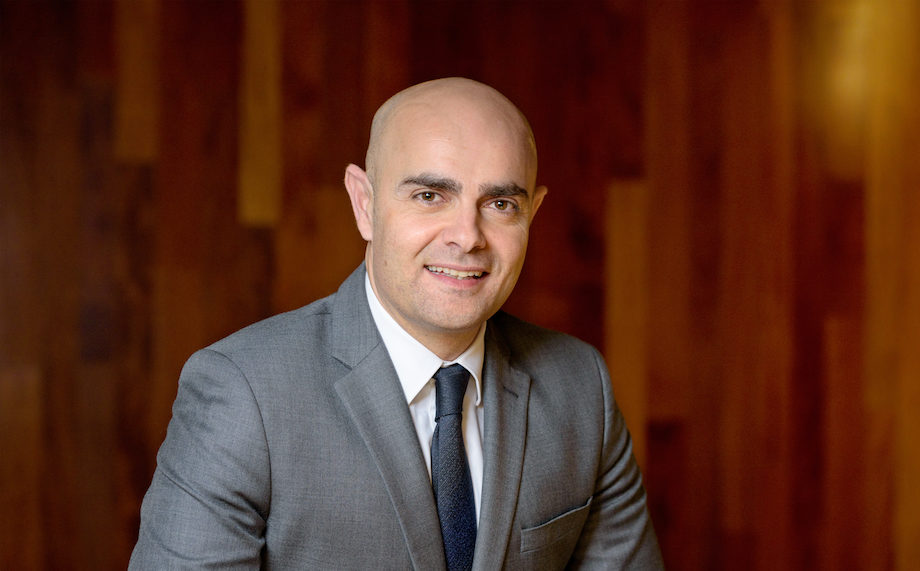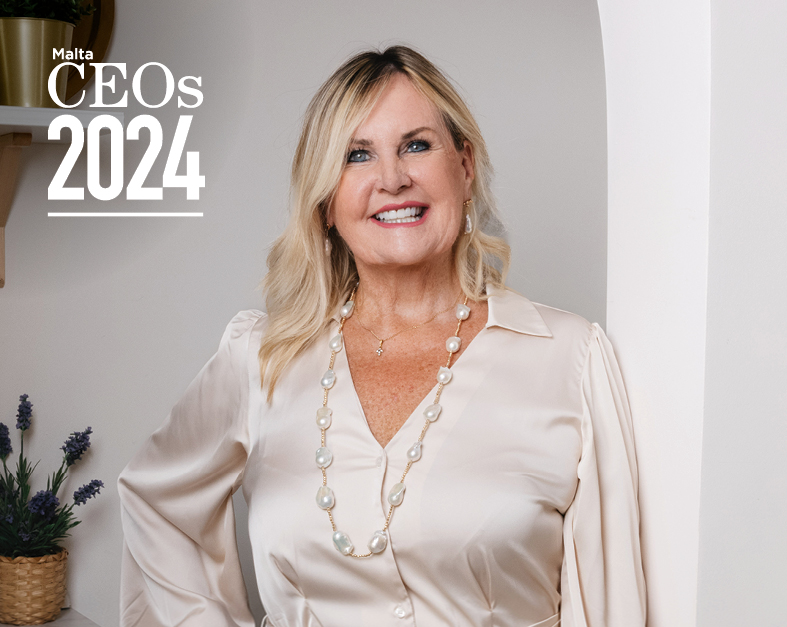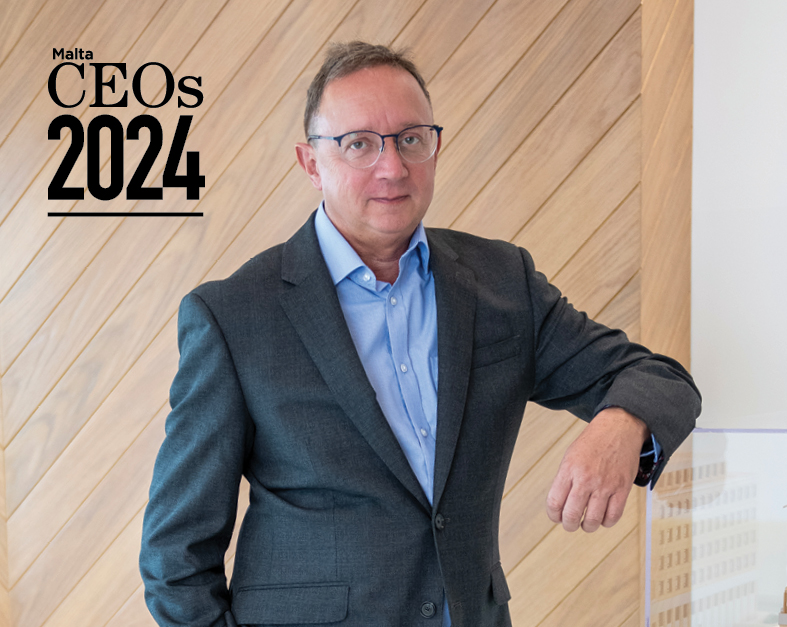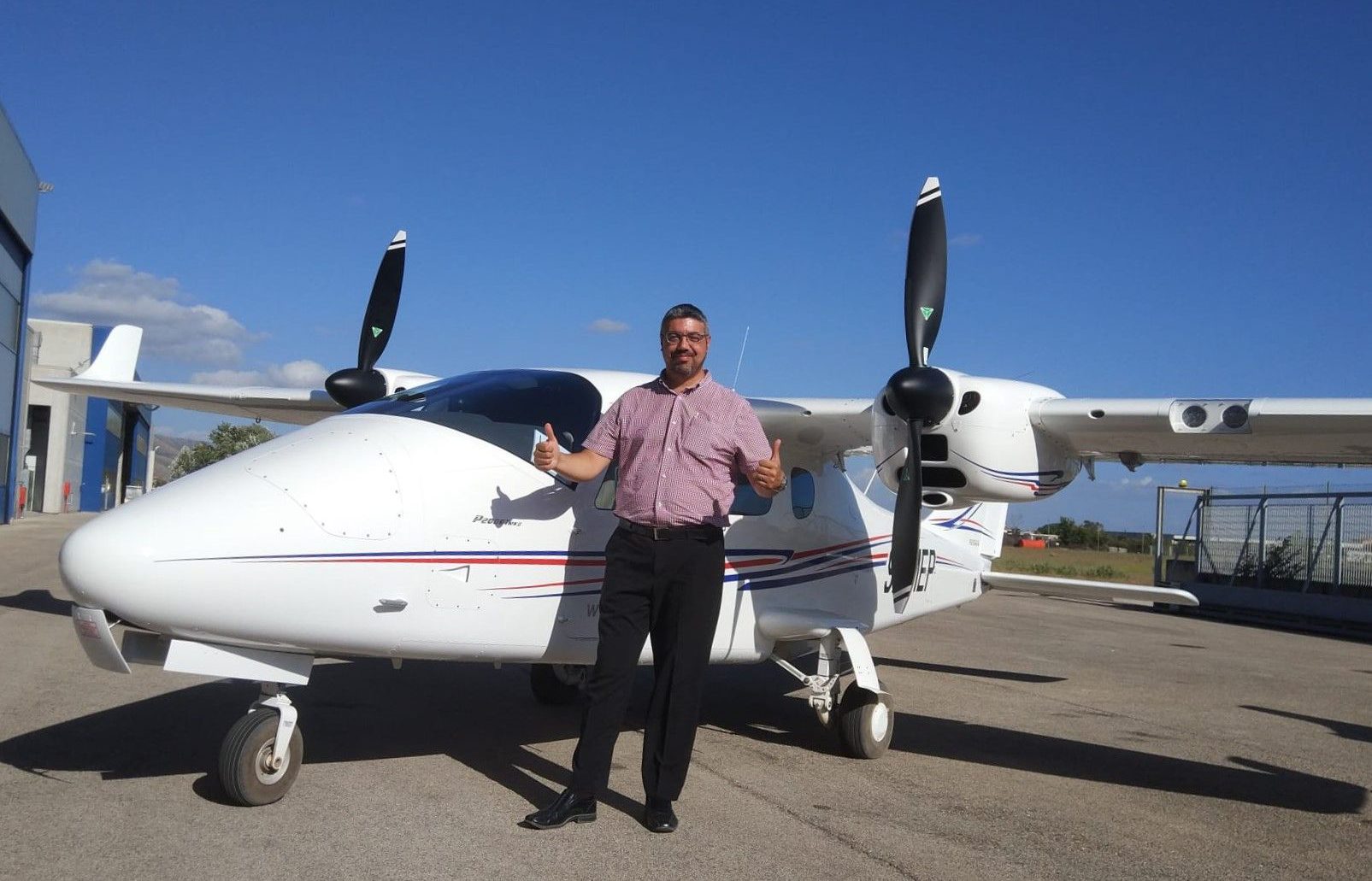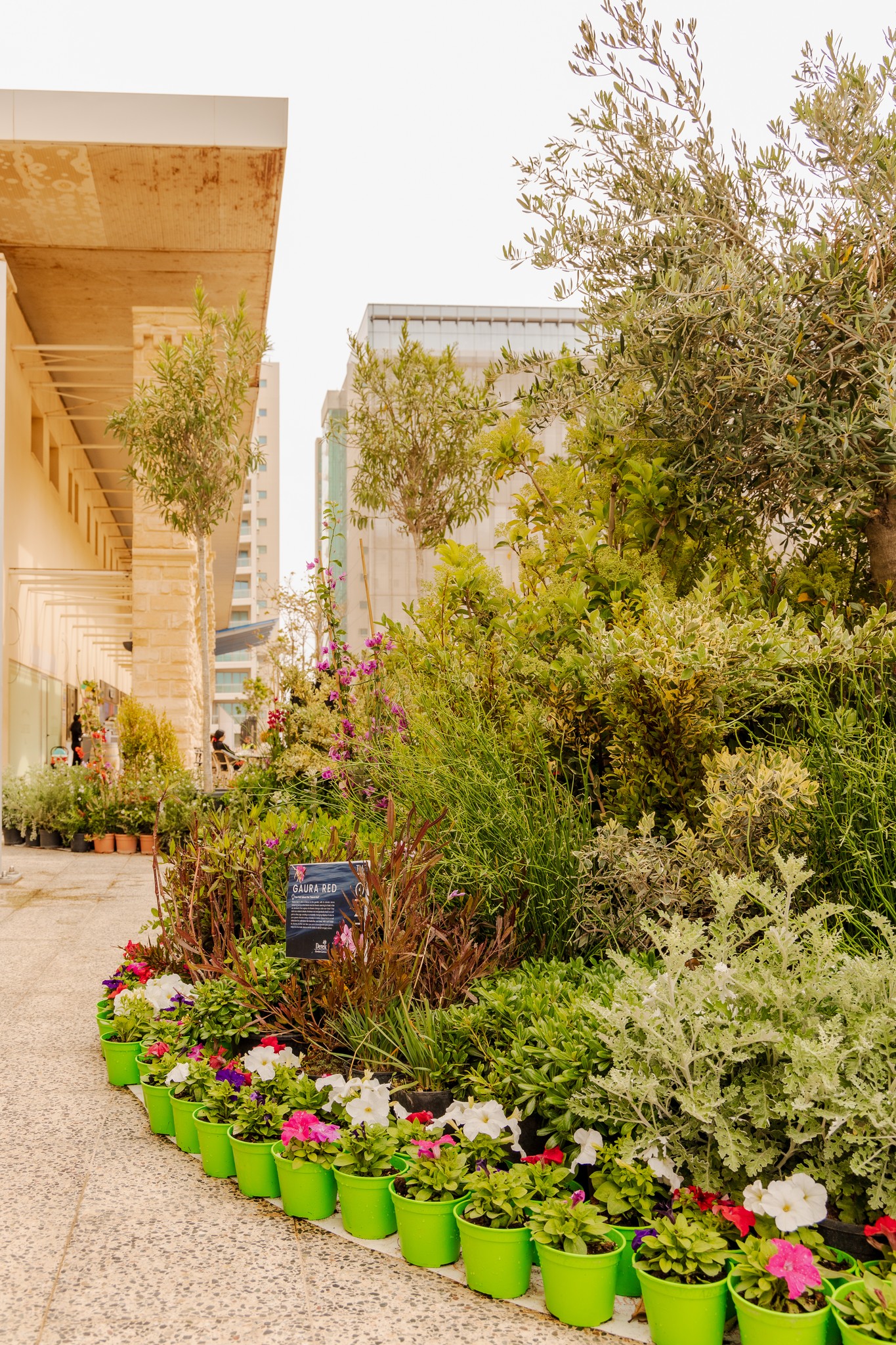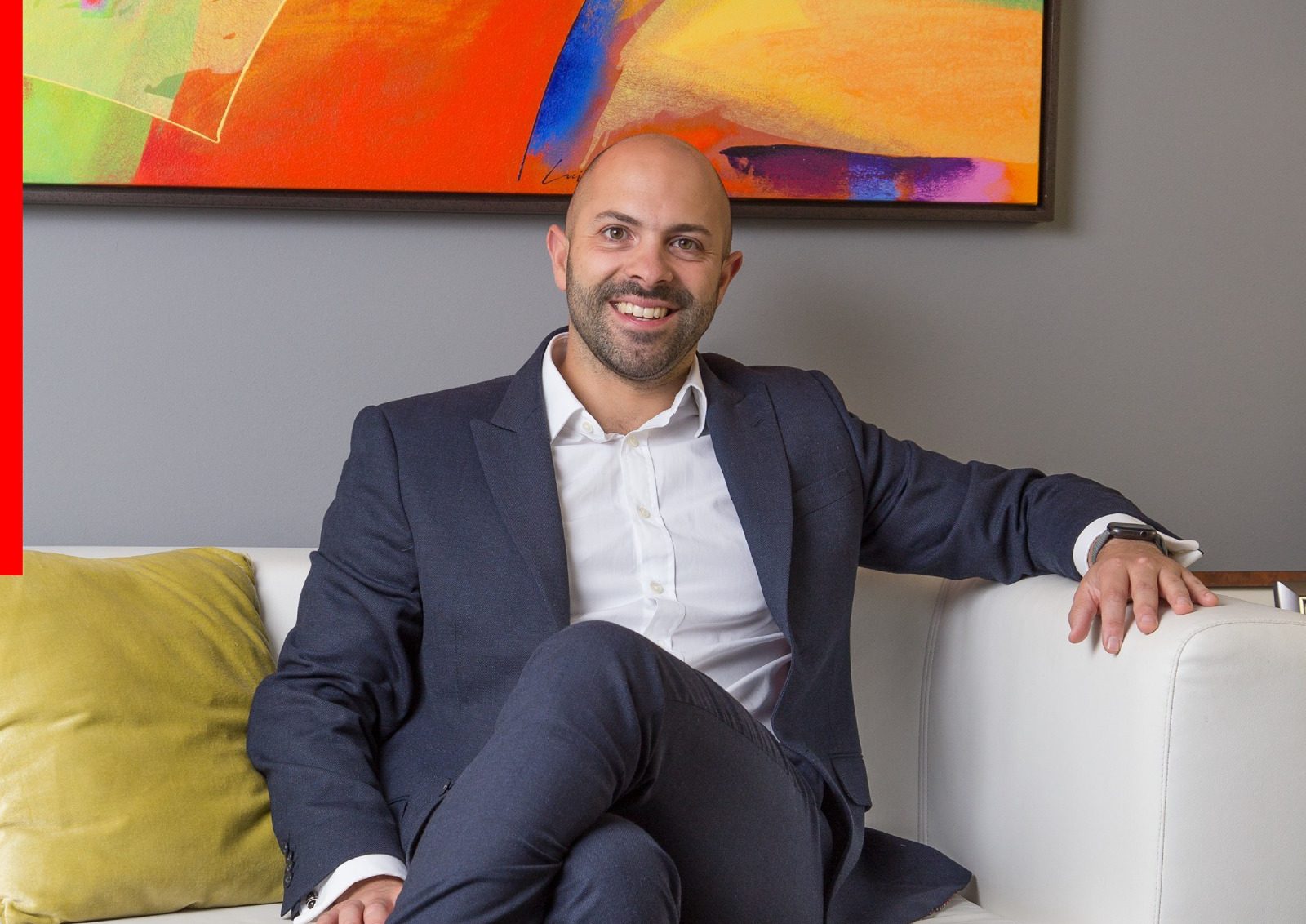Malta International Airport plc (MIA) CEO Alan Borg has emphasised that greater collaboration is needed to tackle sustainability challenges, as failing to work together can lead to them being seen as “insurmountable” and “complex”.
His comments came as part of MIA’s 2022 Sustainability Report, released on Wednesday, which pinpointed the progress the airport has made in terms of its sustainability goals from the start of 2022, all the way to the end of the year. In the report, MIA revealed that the equivalent of around 30 per cent of its electricity consumption came from solar energy during 2022. It added that the amount of clean energy generated increased by 53.2 per cent from 2021 to a total of approximately 3.2 million kilowatt-hours. Just over one million kilowatt-hours of this total were generated through the airport’s fourth photovoltaic system, which was installed and commissioned in 2021.
MIA also shared that employees were provided with a number of training and education opportunities with regards to sustainability-related topics. The airport also started collecting data in relation to its Scope 3 emissions, emissions that are not produced by the company itself, but by those that it is indirectly responsible for in its value chain. The survey, which had a response rate of 82 per cent, found that 83 per cent of MIA’s employees travel to work by car.
With regards to water management, MIA stated that in 2022, it harvested 31.7 per cent less rainwater than in 2021, primarily because of a drier-than-average year, which produced just 369.4 millimetres of rain. This required the purchase of larger volumes of non-potable water, an increase of 90.9 per cent over 2021.
The airport disposed of 191,154 kilograms of non-hazardous waste through recycling, a rise of 162.4 per cent from 2021, while 670,921 kilograms were disposed of via landfills, 43.9 per cent more than the previous year. Hazardous waste dropped by 61.9 per cent to 2,095 kilograms. MIA stated that the increase in waste was largely a result of the airport’s “much busier operation” during 2022.
Mr Borg remarked that the report indicates that MIA has made “great strides” in terms of waste separation, yet was “less successful” in meeting the water targets it had set at the start of 2022.
“But rather than dishearten us, this result has strengthened our resolve to explore new initiatives to better manage our water consumption, particularly given that our airport serves a very water-stressed country that is put under additional stress with the influx of tourists in summer,” he said.
Mr Borg explained that even though MIA knows that its efforts will “neither solve the country’s water issues nor the world’s climate-related challenges”, the company believes that its initiatives are an “important part of the solution”.
“Only if we are convinced that we are actively contributing to the shaping of a better future and have our house in order in relation to environmental and social matters, can we take the next steps and start holding our partners accountable for their own practices and actions,” he continued.
Commenting about data collection regarding Scope 3 emissions, Mr Borg said that the initiative was initially met with “some not unexpected resistance” during the first meeting. However, since then, many of MIA’s stakeholders appear to be “eager” to start providing the data required to help the company better map its carbon footprint and eventually reach its net zero target.
“I feel that collaboration is a crucial pillar of sustainability. The challenges the world faces are so complex that they may appear to be insurmountable if the sustainability department within a company or a small group of people were to try to address them single-handedly,” he added. Highlighting the fact that MIA had 370 employees in 2022, together with thousands of individuals who call the airport their workplace, Mr Borg noted that there are “numerous opportunities for collaboration” for the greater good across the value chain.
Aside from internal collaborations through training and awareness-raising sessions, MIA has also worked with restorers, one of Malta’s leading marine biologists, production houses, diving schools, and Heritage Malta’s Underwater Culture Heritage Unit throughout 2022 to “contribute to the protection and promotion” of aspects of Malta’s heritage, particularly the underwater world.
“Our main business remains that of connecting the Maltese Islands to the rest of the world. However, our success in doing so in a way that truly benefits to the wider local community is very much intertwined with our success in meeting our sustainability obligations, be they environmental, social or economic,” Mr Borg said.
He concluded by expressing gratitude to MIA’s team and its stakeholders, saying: “For without people and their enthusiasm, we can only dream of achieving what may initially appear to be impossible: a fairer future for all.”
Featured Image:
MIA CEO Alan Borg
’20 years of very hard work’: MD Patrick Fenech reflects on Malta School of Flying’s 20th anniversary
One of Patrick Fenech’s great satisfactions over the years is boarding flights piloted by former students.
The Point Urban Oasis: A community green space in Tigne Point
Featuring approximately 1,500 carefully selected plants, in an area spanning about 200 square metres, the Urban Oasis offers a rich ...
Debono Group CEO pays tribute to family as company celebrates six decades of partnership with Toyota
Debono Group’s collaboration with Toyota started in 1960, when the late Michael Debono imported and sold a Toyota Crown.
‘Don’t wait until the last minute’: Credit institutions urged to stay abreast of regulation requirements
In a recent event, MFSA Head of Banking Supervision Catherine Galea says a number of regulatory changes are set to ...


